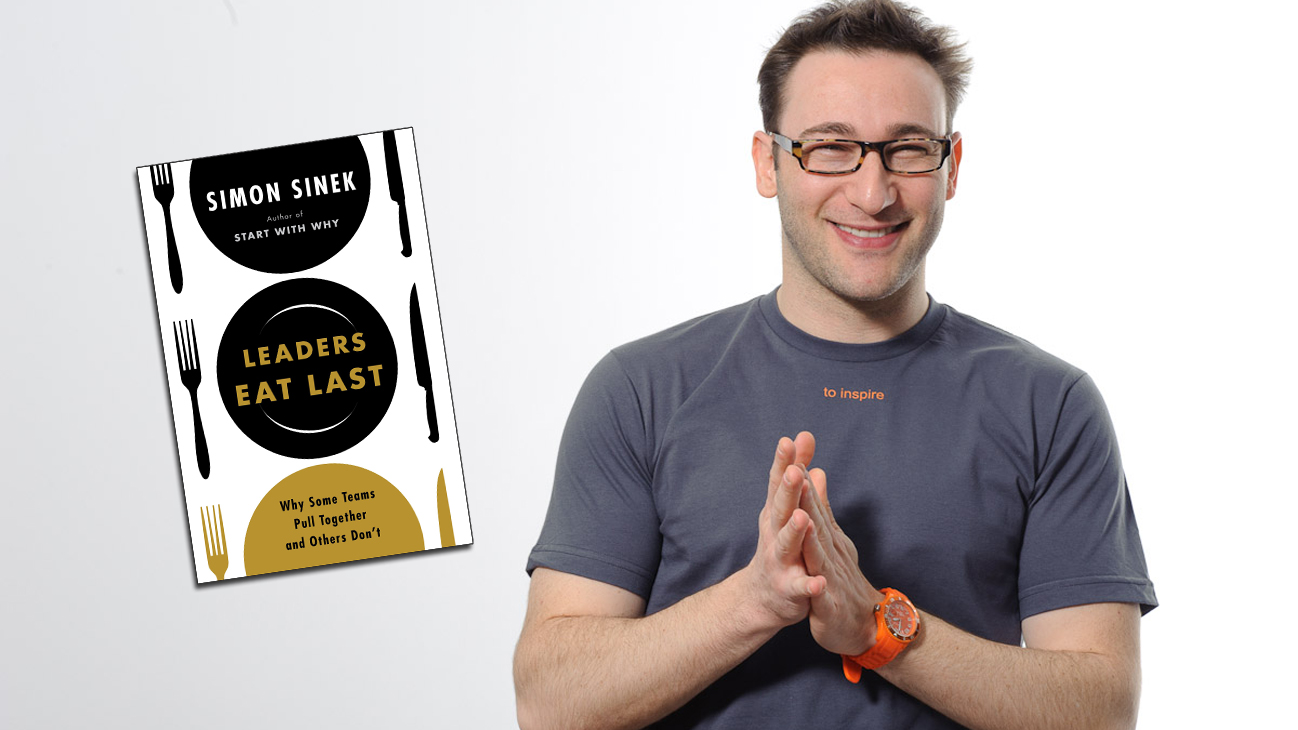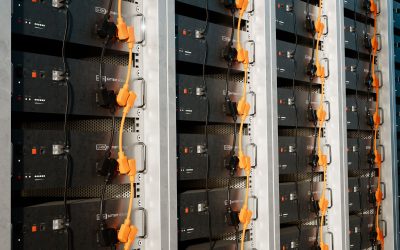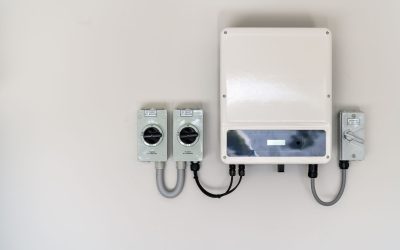I read a couple of chapters from the book “Leaders Eat Last”. I would like to share some of my thoughts on what I’ve read so far.
I’ll give a couple of points on the chapters that I read. But, let me start with an overview of what I’ve read so far. The book appears to use some anecdotal evidence for the validity of the ideas expressed. The ideas expressed are really attractive and it would be great if the world worked the way the book describes. But, because these ideas are so foreign, albeit beautiful, it’s a struggle to accept. I fear that I might adopt an idealistic view of what could be, and put in a lot of time, effort and other resources to try to achieve it, only to be disappointed in the end.
I’ll continue reading the book. Perhaps as I continue to read, I’ll be more convinced.
The Call of Duty
The book starts by describing the experience of a “fighter pilot” in a war. I have “fighter pilot” in quotes because it’s not a fighter pilot per se. This is a guy in an aircraft that provides support to soldiers on the ground. The book describes how this pilot shot down troops from an enemy nation during a ground attack by this enemy nation. In doing so, described in detail in the book, the pilot put his own life in danger multiple times over. All the troops he was protecting survived.
The pilot later revealed that in risking his life, he was merely doing his job. He didn’t see putting his life at risk as going “above and beyond” the call of duty. He further revealed that he believed that each of the soldiers on the ground would have done the same thing for him.
The idea expressed here is that when people feel protected, and safe, and that those in their team “have their back”, they are willing even to risk their lives for the sake of the team’s success.
Trust and Fairness
In the second chapter, the book tells of a guy who acquired a company. It was a manufacturing plant of some kind. He took the company to new heights by creating a culture of trust and by treating all employees equally, regardless of their level of seniority or job description.
For example, initially, people who worked in the offices always had access to phones and could make private calls when they needed to. People who worked on the factory floor only had a pay phone. Also, they could only make such calls during the mid-morning tea break, or the lunch hour. The new owner changed this and gave the guys on the floor access to a free phone for use at any time.
Another example: their spares shop had a guy working there and he was behind a locked gate and fence. If an operator needed a spare part or some material, he would have to wait in line, justify his need for the spare part or material, and then sign off on what he was taking. The new owner changed this. He removed the controlled access and allowed operators to freely go into the store, and get what they needed.
Employees First
The chapter speaks about people being more important than money. Instead of people being a tool to make more money, money is to be the tool to grow and empower the people. This should lead to greater success. The idea is that when you create an environment where people are valued more than outcomes, the desired outcomes naturally follow.
Again, it seems to be a very noble approach—trust the employees more, value the employees more, invest in the employees more, and make the employees feel safe and protected, and your organization’s success will be off the charts. It just sounds too good to be true.
I worked at a vehicle assembly plant for some time. Ford Motor Company. The conditions described in this chapter (before the changes) were exactly what I saw happening at the assembly plant. Operators started and stopped work according to a bell. The store was access-controlled. Tea time and lunchtime were the only free time for operators. I think that these systems were put in place to resolve specific issues—theft, inefficiencies in output, and who knows what else. Removing these systems would probably result in these issues resurfacing. If I had to take over that plant, I don’t know that I would make the same changes described in the book—it seems too risky to me.
A Place to Work
For me, there needs to be measures in place to counteract the bad within us—particularly sloth and greed. Sure, invest in your employees, and treat them with respect, but keep the interests of the company first, and don’t make it easy for employees to do cultivate bad habits.
That’s my thinking. But, perhaps this is why I don’t yet own an ultra-successful company. As I mentioned, I’ll keep reading. Perhaps something will click for me.
















